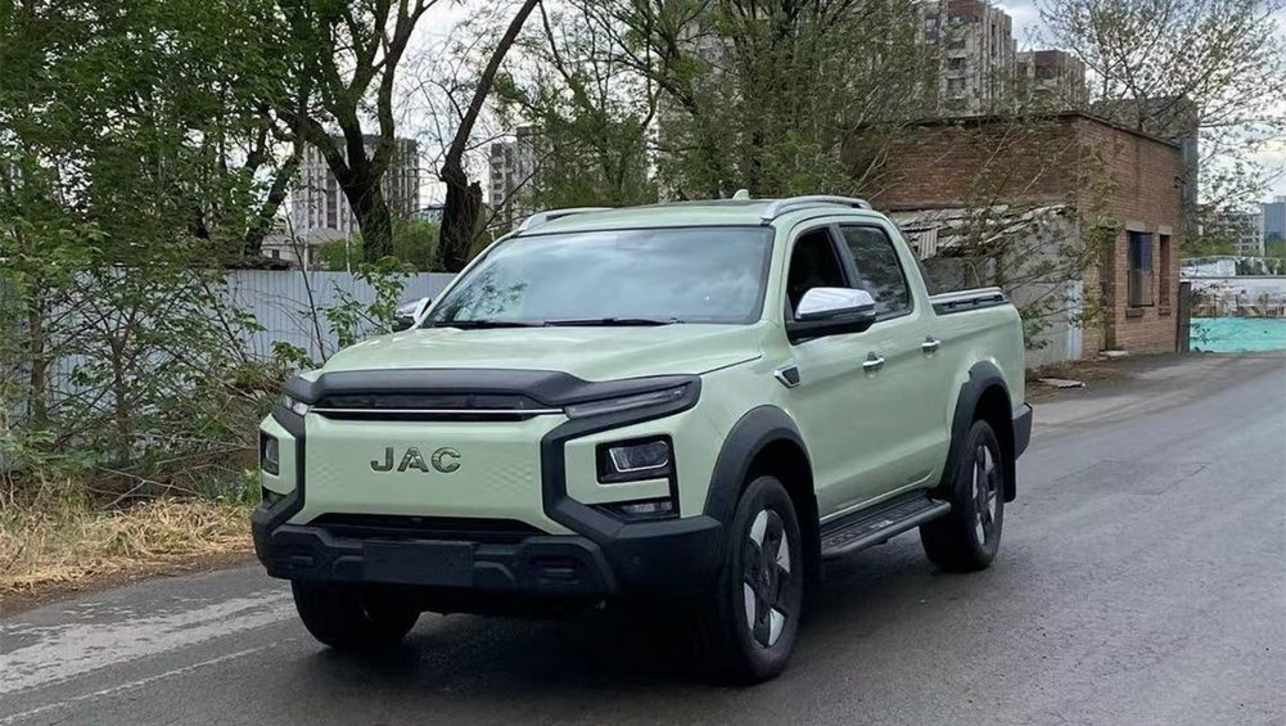Australian customers are still yet to be contacted by Volkswagen, Audi and Skoda three weeks after the dodgy diesel scandal broke.
It could take up to a year for more than 90,000 Volkswagen, Audi and Skoda diesel cars in Australia to be upgraded with software or expensive mechanical changes to ensure they don’t cheat emissions tests.
Volkswagen in Germany says it is close to finalising the fix for 11 million cars sold globally from 2008 to 2015, but it is still too early to determine how performance and fuel economy will be affected on each model.
A News Corp Australia investigation has found that while the troubled German car maker has finally published a list of the models affected locally, customers are yet to receive any formal notification and dealers say they only have the same information released to media.
Furthermore, emissions targets set for state and federal government fleets over the past six years are likely to have been breached because certain Volkswagen diesel cars bought by government agencies or staff emit more pollution than claimed.
“Government fleets around Australia will have purchased some of these vehicles as part of the push to lower the overall emissions of their fleets,” a senior government fleet manager told News Corp Australia on condition of anonymity.
“The cars would have been selected based on the information on the (Green Vehicle Guide rating labels) and all the procurement decisions would have been made in good faith,” said the government fleet manager.
The source said there would likely be no ramifications but, he added, “Volkswagen’s deliberate actions have let the states down and possibly caused them to fail to reduce vehicle emissions”.
Related: The list of affected cars in Australia
More: Volkswagen facing $20m in fines
Also: Lawyers weigh in on VW diesel scandal
With more than 700 owners of Volkswagen and Audi diesel cars planning to join a class action lawsuit in Australia, experts have repeated calls for tighter controls on vehicle regulations.
“There should be a more formal process or an audit program that ensures all vehicles meet government requirements,” said Jack Haley, the engineering expert for the National Roads and Motorists’ Association.
“This crisis shows the current system of self regulation isn’t working … the Federal Government needs to look at a different strategy to ensure the vehicles meet the required standards.”
The fuel economy figures and emissions claims on the compulsory Green Vehicle Guide labels affixed to every new car at the point of sale are supplied by car companies after internal testing in laboratory conditions, when the car is static and the driving wheels turn a giant roller.
The results are rarely verified by most governments around the world, including the US, Europe and Australia.
The scandal only broke after two clean air campaigners and the University of West Virginia did real world tests and found the cars belched out up to 35 times more toxic emissions than what was allowed.
The Australian Competition and Consumer Commission (ACCC) says it is continuing its investigation into whether Volkswagen, Audi and Skoda “exposed consumers to false, misleading or deceptive representations”.
This means VW, Audi and Skoda would be liable for fines up to $1.1 million per misleading claim per model -- for example, a false fuel economy claim could amount to one $1.1 million fine, while a false emissions claim could amount to another $1.1 million fine.
With the claims of 20 models across three brands affected, the fines for misleading claims alone could exceed $44 million.
Further, Volkswagen, Audi and Skoda could be liable for fines up to $108,000 per car sold if they were approved for use on Australian roads based on paperwork with false claims.
With more than 90,000 cars affected, these fines would amount to billions of dollars if the Federal Government chose to take further action.
“The presence of emissions defeat devices may be a breach of the Australian Design Rules under the Motor Vehicle Standards Act 1989,” said the Minister for Territories, Local Government and Major Projects Paul Fletcher.
“The Australian Design Rules are also covered by Australian Consumer Law (ACL) as mandatory safety standards,” he said.







.jpg)
.jpg)
.jpg)

.jpg)


.jpg)


.jpg)

.jpg)

.jpg)
.jpg)
.jpg)
.jpg)
.jpg)




Comments